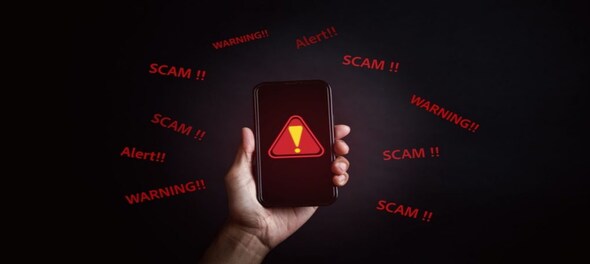
While voters meticulously weigh the merits and demerits of political parties during elections before making their decision at the ballot box, it’s also a time when politicians present their most appealing promises, vying for the trust of the electorate.
Unfortunately, such periods also present fertile ground for bad actors to exploit unsuspecting individuals through fraudulent schemes disguised as election campaigns. Cybersecurity firm CloudSEK uncovered one such scheme dubbed the "BJP Free Recharge Yojana."
What is the scam about?
This scam falsely asserts that Prime Minister Narendra Modi is offering free mobile recharges to all citizens for three months leading up to October 15, under the guise of the Bharatiya Janata Party’s election campaign.
To lend an air of authenticity, the accompanying website showcases purported testimonials from individuals who claim to have already received the promised free recharge, encouraging others to avail themselves of the opportunity.
Mechanics of the scam
The scam operates akin to classic phishing tactics: users are prompted to share the link with their contacts on WhatsApp to claim the recharge, a process reminiscent of chain-letter schemes.
Upon visiting the website, users encounter a "Get Free Recharge" pop-up, leading them to select their mobile service provider and enter their phone number. CloudSEK's investigations revealed that even entering a random 10-digit number redirects users to the recharge activation page, a strong indication of malicious intent.
Subsequently, the website falsely notifies users of a successful recharge, contingent upon sharing the offer with multiple WhatsApp groups or contacts. This coercive tactic leverages social sharing to perpetuate the scheme, illustrating its manipulative nature.
“This deceptive strategy involves leveraging the victim for social sharing, demonstrating the manipulative nature of the scheme,” CloudSEK said.
It is important to look out for simple giveaways in the website URL to save yourself from such scams.
Here are some signs that can indicate a fraudulent website:
Another important tip is to check official websites for all ongoing schemes and plans that the government is currently running or has in the pipeline.
CloudSEK also added that it has informed the Election Commission and all regulators and companies named in the scam, as part of responsible disclosure.
(Edited by : Akanksha Upadhyay)
Check out our in-depth Market Coverage, Business News & get real-time Stock Market Updates on CNBC-TV18. Also, Watch our channels CNBC-TV18, CNBC Awaaz and CNBC Bajar Live on-the-go!


Lok Sabha elections: 4th phase sees over 68% voter participation, West Bengal leads with 76% turnout
May 14, 2024 1:47 AM
Lok Sabha elections phase 4 witnesses around 63% voter turnout, experts weigh in on key contests
May 14, 2024 12:06 AM
Lok Sabha Election 2024: Shiv Sena UBT’s Arvind Sawant highlights Uddhav Thackeray's vision for Mumbai’s progress
May 13, 2024 9:21 PM
Exclusive interview: 'Southern states will be a big surprise,' says PM Modi
May 13, 2024 9:05 PM

